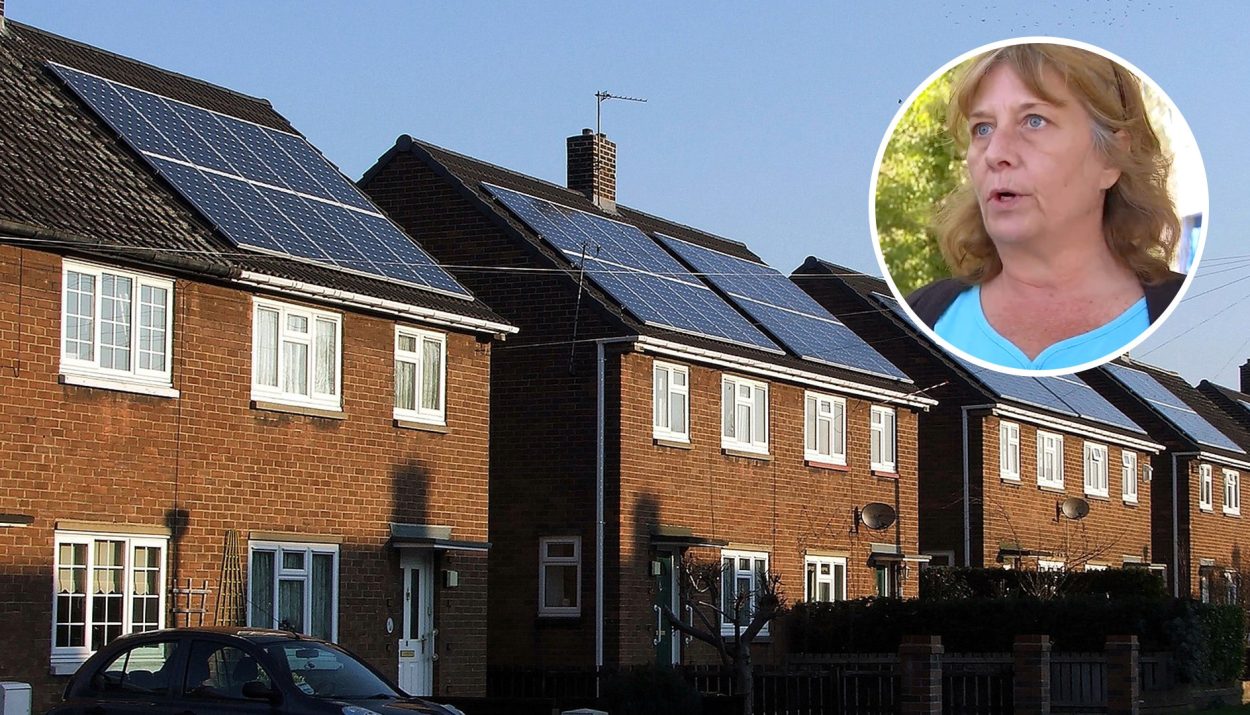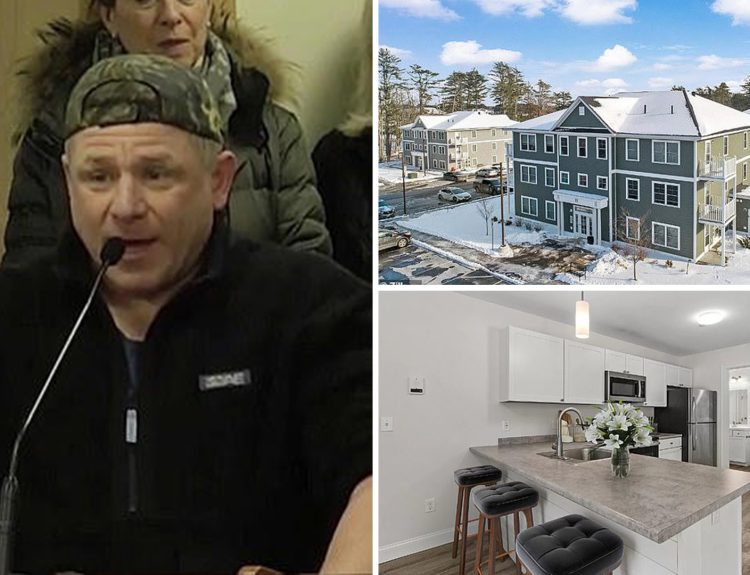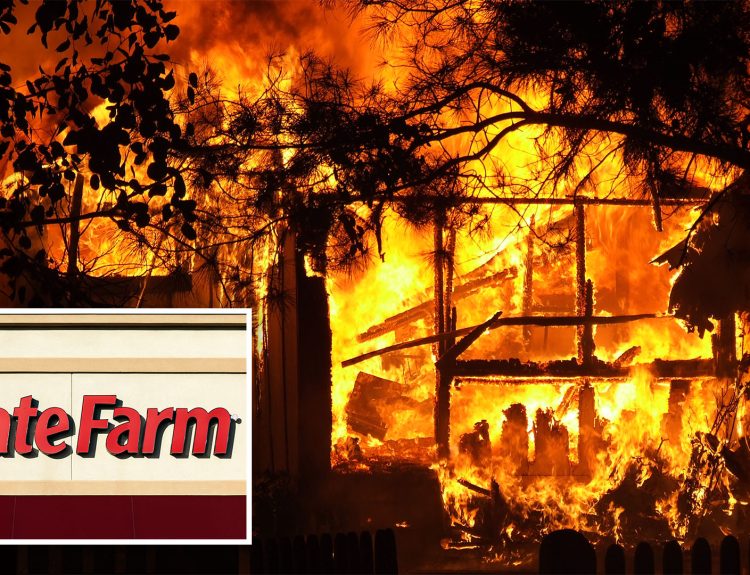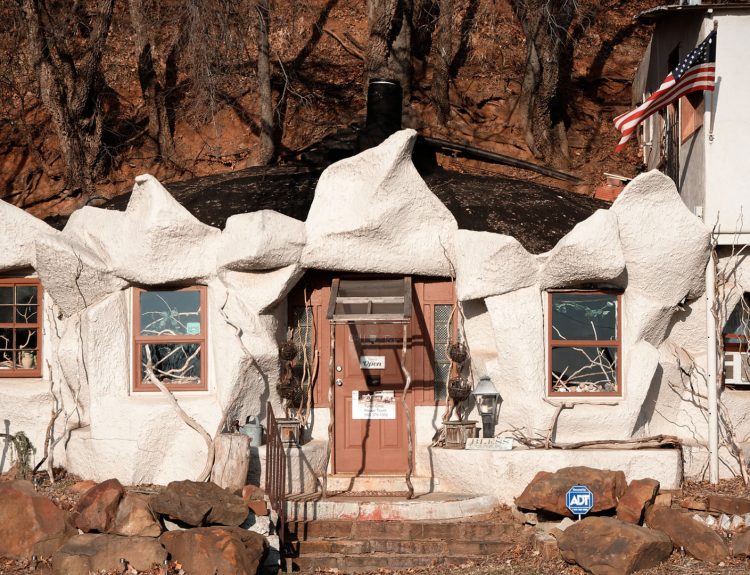Suppose you live in a community with a homeowners association (HOA). In that case, one of the things you’ll have to deal with regularly is new rules, regulations, and generally made-up laws designed seemingly at random. Sometimes, they overstep their boundaries, as in this case. Let’s explore what happened to this family.
Rules, Rules, and More Rules
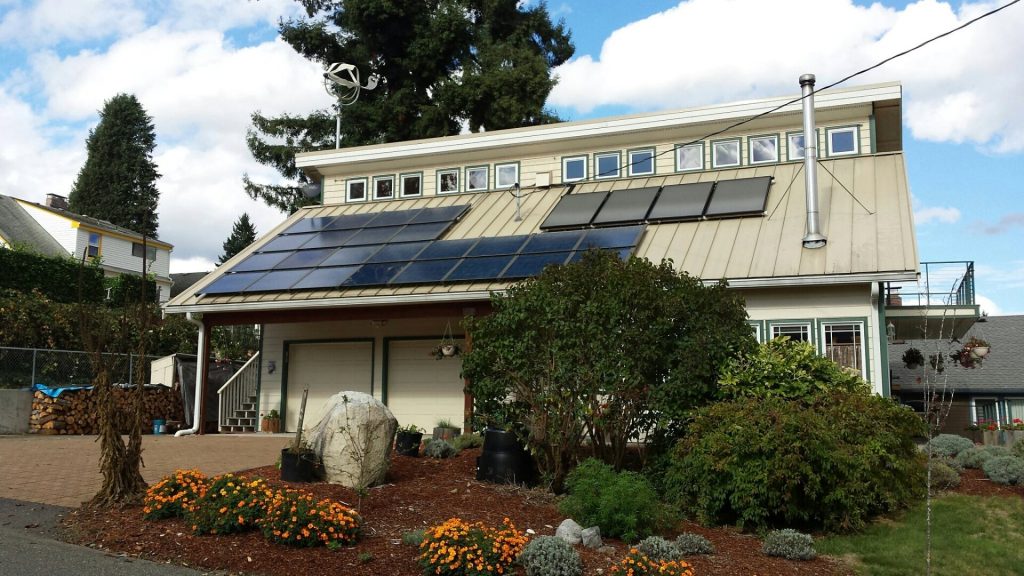
Homeowners associations were a good idea when they were initially conceived. Designed in the 1940s, the first HOA was created by Bill Levitt in a housing development for veterans. The idea was to keep the houses affordable for purchasers by limiting things that would raise or lower property values.
Later, HOAs were built similarly but included incorporation documents to make them into a formal organization. At one point, HOAs were used to strongarm residents of regions into avoiding things they didn’t want or pushing them to do things against their will.
The Solar Panel War
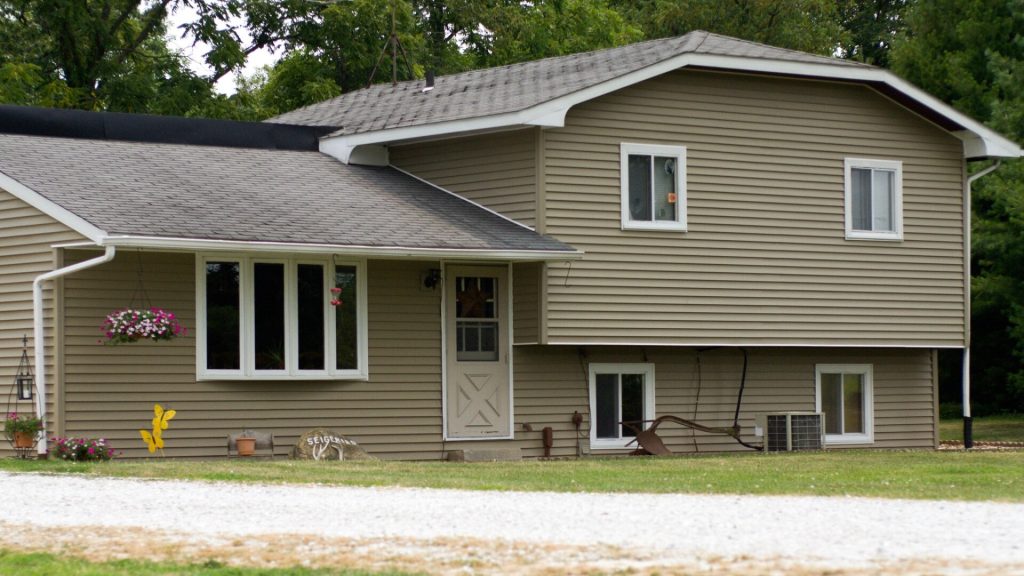
Raleigh, North Carolina, is a picturesque city with its share of shared communities with HOAs. One particular settlement’s HOA was adamant that residents should not do anything too much to change the look and feel of their homes. As such, they had a well-defined set of rules for homeowners.
The Farwigs realized that their electricity bill was far too high, and to manage the costs, they should install solar panels. A solar panel installation of the size needed to support their home came up to around $30,000. Considering how much they could save, this seemed like a great idea at the time.
Not Illegal According To The Rules
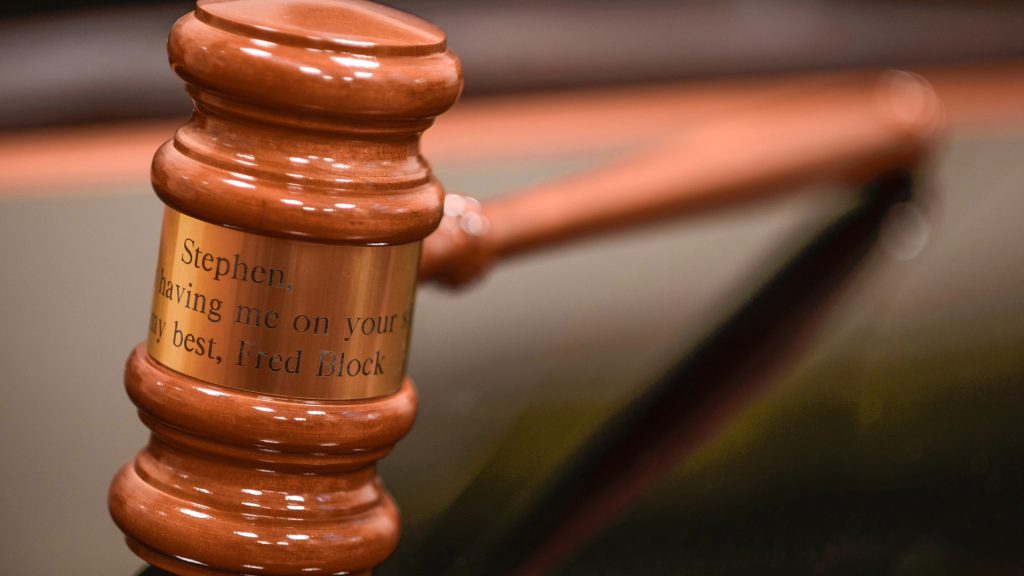
The Belmont HOA, which was responsible for the Farwigs’ development, had a well-outlined set of rules. Residents were only able to paint their houses in specific colors, and only certain recognized lawn ornaments were allowed on the front lawn. Before the Farwigs installed anything, they consulted the rules.
According to what the HOA provided, installing solar panels wouldn’t be against the regulations. Since it was a measure that would both help the Farwigs manage their electricity costs and help the environment, it might be something that more residents could consider.
Installation Happens, and Things Get Ugly
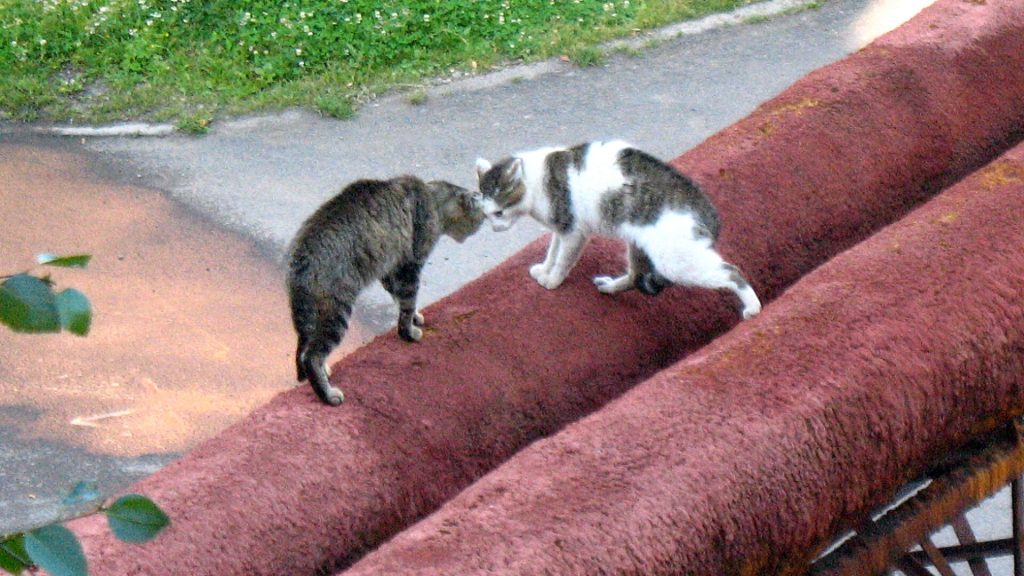
The HOA was shocked to see a new set of solar panels up on The Farwigs’ place and demanded that they be removed. While the panels were not exclusively stated in the rules and regulations, the HOA argued that the spirit of the rules was to ensure conformity in the look and feel of all the houses.
To this end, the HOA instituted several new rules and regulations that now govern solar panels. To make matters worse, the Farwigs were made to pay for installing their solar panels. Fines were instituted on the family retroactively, which they paid anyway, just to have their solar panels.
Foreclosure Proceedings Instituted
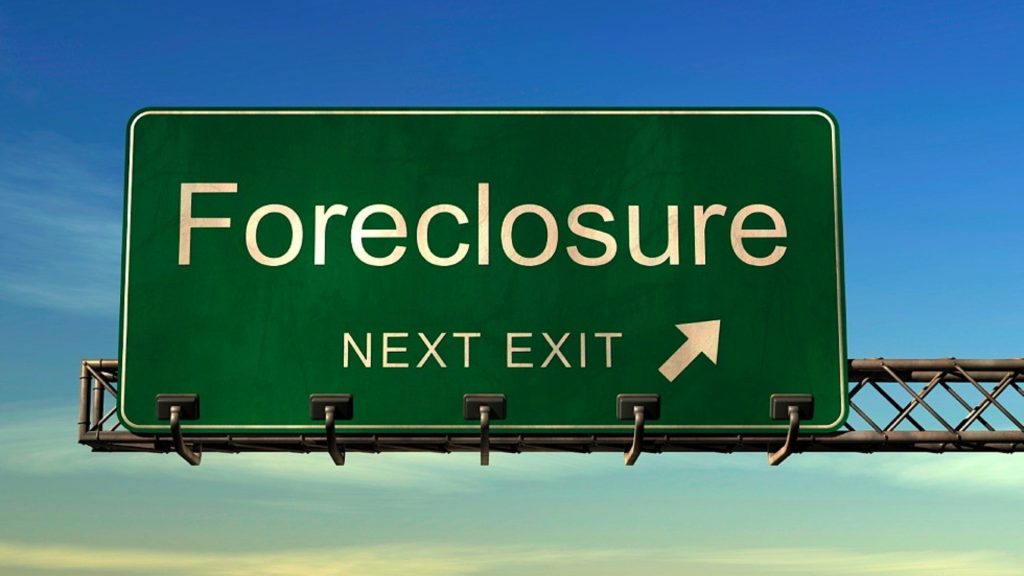
While the Farwigs were paying for their “sins” through the fines instituted by the HOA, the association was using the funds they got from this matter to be ruthless in their pursuit of dominance. The HOA contracted a local lawyer using the fines to start the foreclosure process on the Farwigs.
This was the last straw for the family, who rightfully decided to take the HOA to court. The lien the HOA issued on their house was met with a countersuit from the Farwigs, which made it all the way up to the North Carolina Supreme Court.
A Powerful Presence in North Carolina
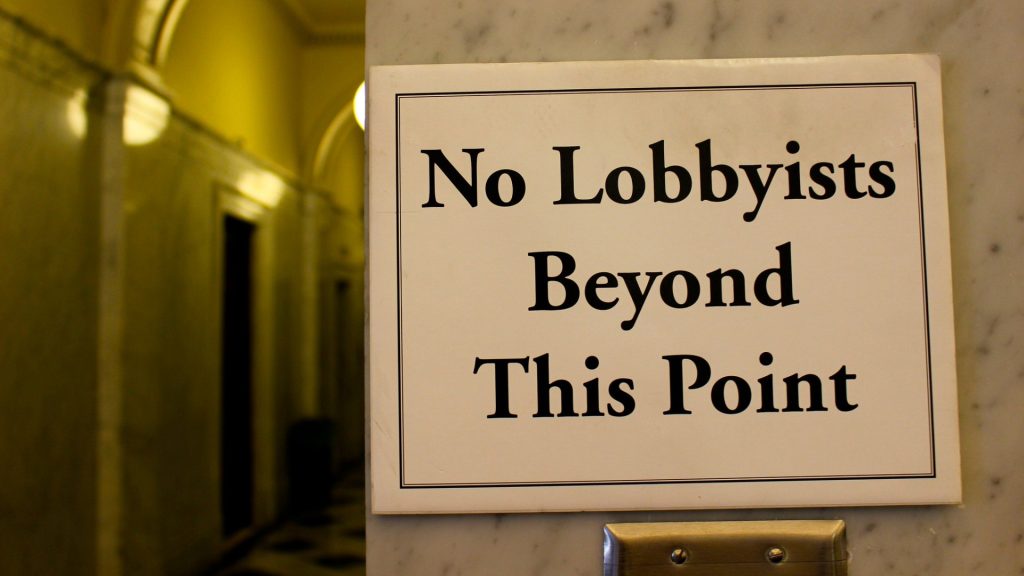
HOAs have managed to develop quite a strong legal presence in North Carolina. Over the last few decades, they have pushed through legislation enabling them to ban certain types of wildflowers in homeowners’ yards that don’t conform to the aesthetic of the neighborhood they were aiming for.
Naturally, most observers expected the HOA to steamroll all opposition and push through legislation supporting their viewpoint. However, renewable energy sources are quite a contentious issue in the US these days, and the HOA was in for a shock.
Wake County Rules In Favor Of the HOA

Before the case got to the Supreme Court, it first passed through the district court of Wake County. In this court, the judge ruled in favor of the HOA, stating that their regulations were logical and took into account the best interest of the community.
The Farwigs were far from impressed with this result and took the matter on appeal to the Supreme Court. Here, they had the support of the Attorney General, who wrote as a “friend of the court” to consider the appeal favorably. The people of North Carolina deserve to be able to choose renewable energy, he said.
A Tough Battle for The Farwigs
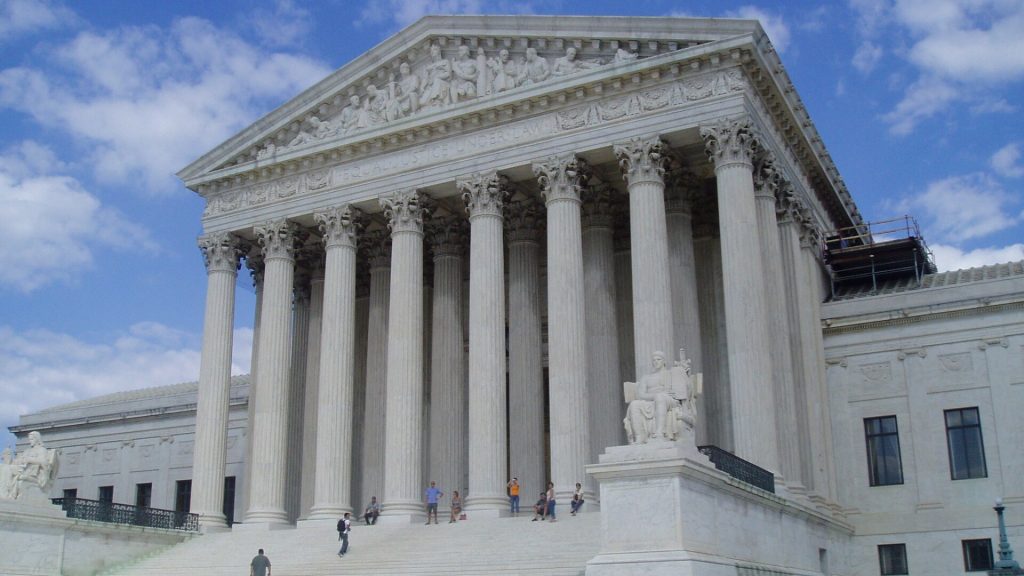
In addition to the Attorney General, several solar power installation companies also wrote to the court to help the Farwigs. However, on the other side of the issue, the Community Associations Institute, the national HOA organization, also wrote in. They argued that they needed to have the power to leverage their decisions on behalf of their communities.
The Court deliberated for a bit before coming to their decision. In the end, the Court ruled in favor of the Farwigs, finding the actions of the HOA reprehensible. Thanks to this ruling, North Carolinians everywhere can now install solar panels without their HOA being able to stop them.
Far From The End Of the Battle

The Farwigs case shows just how far HOAs are willing to go to flex their muscle and show what they can do. Thanks to years of lobbying and support at the highest levels of power, laws have been passed to enable these HOAs to do as they please with homes that aren’t even theirs.
The original idea of an HOA that was built to help and support a community is now a thing of the past. Now, HOA board members treat it like little fiefdoms, separate from the larger world where their word is law. This ruling should be a wake-up call to all of them.
A Happy Ending for the Farwigs

The Farwigs have managed to navigate the treacherous waters of the legal system and come out on top. They’ve set a precedent for their state and shown that HOAs can be defeated in court. They even get to keep their home and the solar panels they installed.
However, they might face backlash from the HOA that they defeated. No one knows what will happen next, but at least the Farwigs now have the right to install whatever they want on their home. Would you have fought the HOA, or would you have taken down your solar panels?

